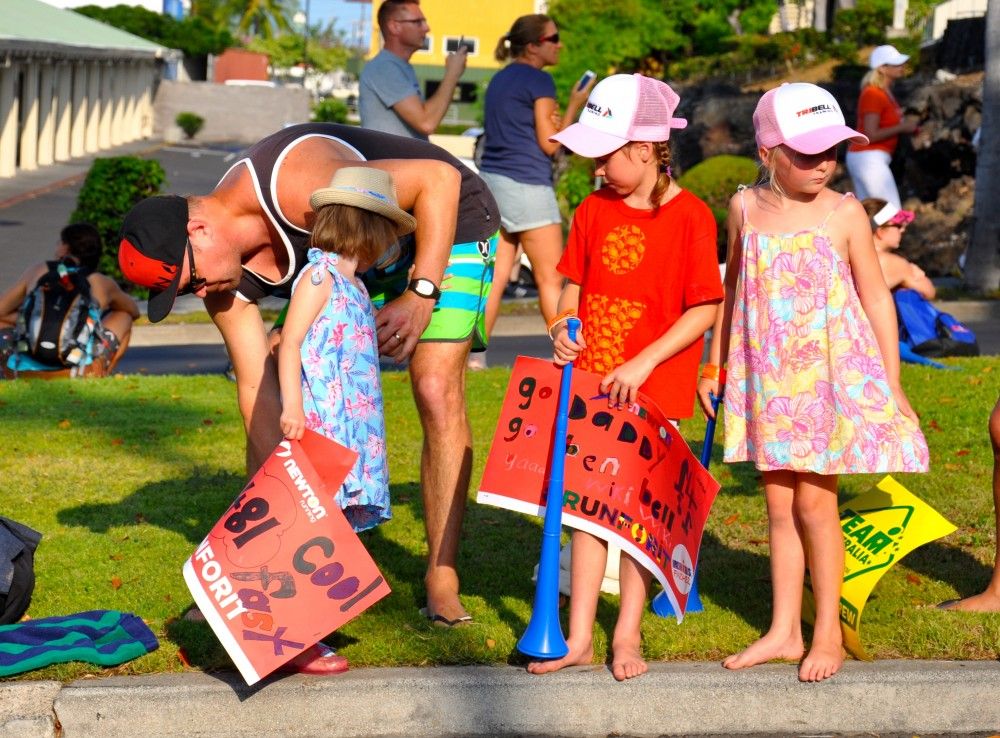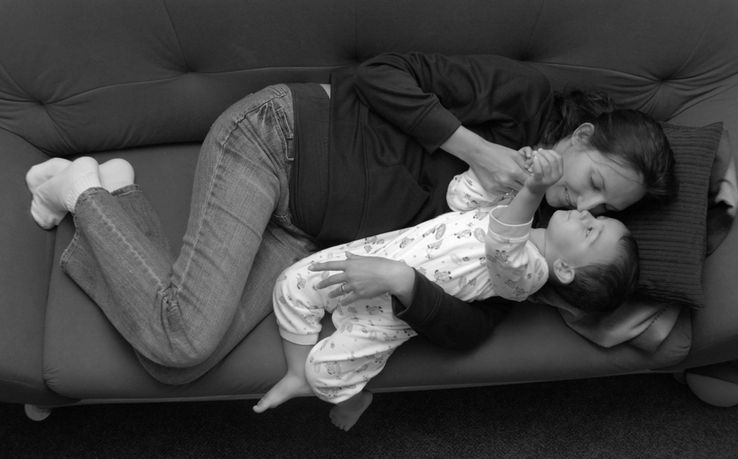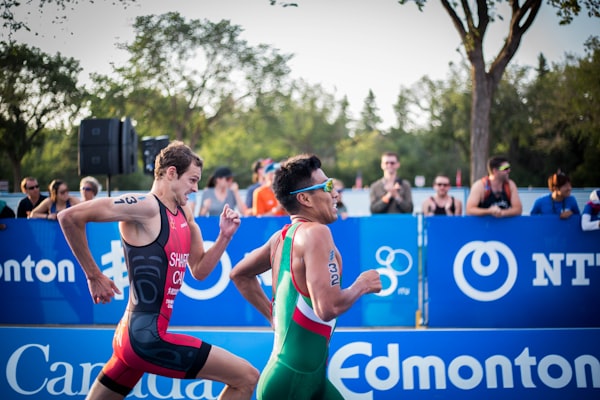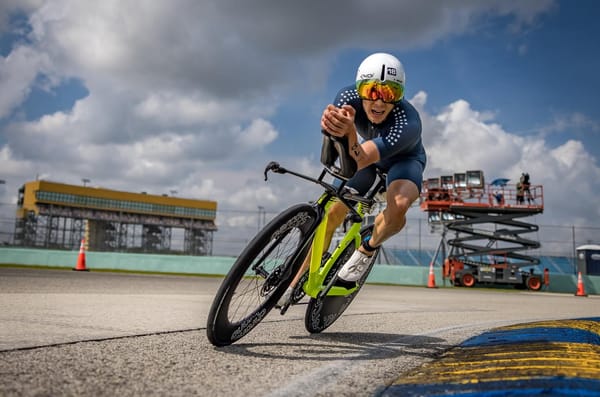The Age Grouper’s Dilemma: Balancing Triathlon with Real Life
There is no doubt that competing in triathlons is a big commitment. The time, money, and energy committed to training and racing, even at the age group level, is tremendous; and all whilst juggling the rest of your life family, work, study, household chores and a social life. The time commitment o

There is no doubt that competing in triathlons is a big commitment. The time, money, and energy committed to training and racing, even at the age group level, is tremendous; and all whilst juggling the rest of your life family, work, study, household chores and a social life. The time commitment only increases with race distance, just ask anyone who has stepped up from sprint distance to Ironman. So how do age groupers juggle it all?
Triathletes all over the world are sure to broach such issues whilst out training with their friends. Still there is very little research into how busy age groupers balance their triathlon aspirations with real life obligations. With three sports to train for, not to mention what appears to be an increasing amount of time committed to the areas of recovery, strength work, and nutrition, it’s hard to imagine how triathletes maintain any form of life outside of the sport.
Since 2010 researchers from Southern Cross University and Griffith University have been studying the leisure careers of age group triathletes. Dr Matt Lamont, Dr Millie Kennelly, and Dr Brent Moyle have backgrounds in tourism and leisure studies. They also walk the talk, with each having multiple Ironman finishes. Their research has explored where age groupers experience tensions in allocating personal resources between their everyday obligations and participation in triathlon.
Their research revealed many athletes experiencing difficulty balancing triathlon within their lives, with the impacts on family relationships being a common theme. For families in which triathlon was a shared interest, triathlon events provided great opportunities for leisure time together. However, the time spent away from their families training was a commonly reported source of tension. For some triathletes excessive time spent training and racing, and the money spent on triathlon, caused tension in fragile relationships.

Similarly, fulfilling domestic responsibilities was a hot topic. Whilst training for an event, athletes with children reported tension over sharing parenting responsibilities with their spouse. Equitable leisure time was another common source of tension, with some triathletes explaining that all their time and money was directed towards triathlon, resulting in their spouse being unable to pursue their own leisure interests. Many triathletes described using the bulk of their annual leave to travel to triathlon events, meaning that trips to events doubled as family holidays (viewed both positively and negatively, depending on family circumstances). With all the equipment needed to cover three sports, financial issues inevitably came up, and were most common in relationships where the spouse was not a triathlete. Some explained that their spouse became frustrated when expenditure on triathlon got in the way of spending money on other family leisure needs. For couples who shared money, significant expenditure on triathlon events and equipment was a frequent cause of tension.
Getting involved in triathlon also impacts on some athletes’ social lives, with many saying that they find it hard to spend as much time with friends as they would like. Many athletes reported a fine balance between late nights and being able to back up for early training sessions, causing avoidance of late night socialising.
The impacts extend well beyond an individuals social life, affecting overall wellbeing. Many report treating triathlon like a job, following their training schedules to the letter, resulting in what some perceive as unbalanced planning of time management. Triathlon participation was reported to shape attitudes towards work and education, with triathletes admitting to having forfeited work promotions, and scheduling work/study commitments around training and racing.
In summary it is clear that for many, triathlon is a lifestyle, and not a sport that one can easily flit in and out of. Triathletes can become consumed by passion for this amazingly demanding but rewarding sport. From an overall life perspective, the research revealed the importance to remain vigilant and conscious about how participation affects those close to us. Can you remember the last time you asked your partner or your kids if they’re okay with your level of training and racing? Is your partner getting the time they need to do the things they enjoy either with or without you?
These questions, amongst others, are important and can be used at the very least as a mechanism for occasional self-reflection to sustain our training and racing. Flowing on from that, it is important to consider strategies for reciprocating the crucial support given by our loved ones which, ultimately, underpins our ongoing participation in this great sport.
Editors note:
Researchers Dr Matthew Lamont, of Southern Cross University, along with Dr Millicent Kennelly and Dr Brent Moyle, of Griffith University, are undertaking research into how participation in triathlon influences the lives of non-participating entourage. If you are interested in assisting in this research, more information is available here.





